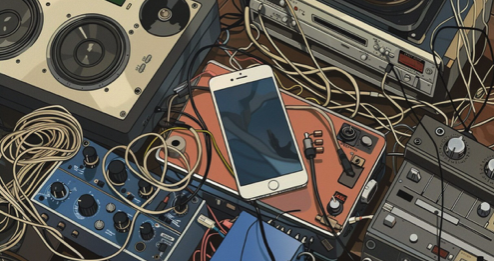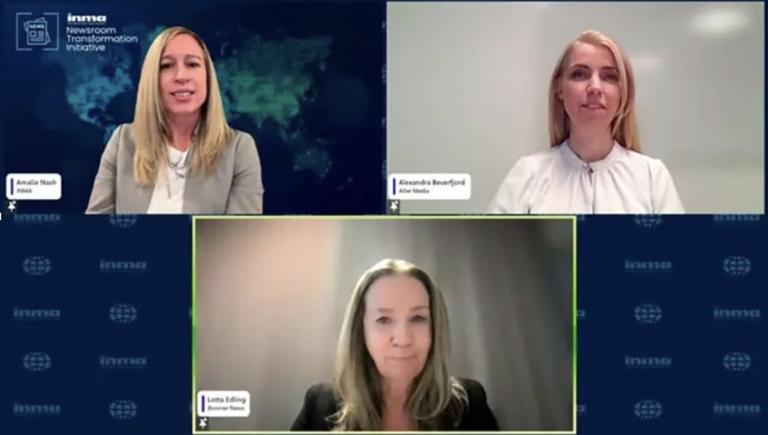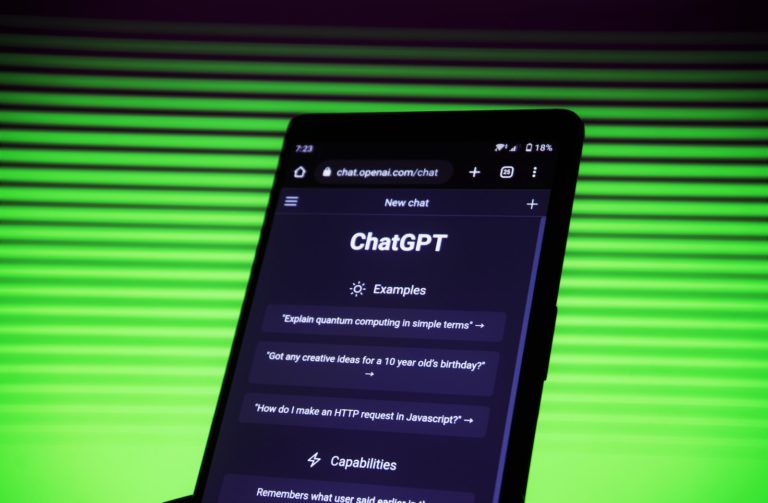Apple offers free call recording and transcription to iPhones; journalists rejoice
Source: Nieman Lab
“There are decades when nothing happens, and there are weeks when decades happen.”
By JOSHUA BENTON
The word you're looking for is “sherlocked”.
In November 2001, a Macintosh developer named Dan Wood released an application called Watson , intended to be a sort of companion to Sherlock , a search tool that Apple shipped with Macs. (Get it: Sherlock and Watson ?) Watson let you perform a variety of frequent Web searches (checking the weather or stock prices, finding recipes or researching on Amazon) without the need to open a Web browser. It cost $29 and was quite popular. Apple even awarded it one of its prestigious Apple Design Awards for “Most Innovative Mac OS X Application.”
Fast forward to July 2002, when Apple made its annual reveal of new updates to its operating system. Among them was a new version of Sherlock, which seemed to include all the features of Watson . In a single on-stage announcement, Apple had eliminated the market for Watson, Dan Wood's livelihood. All kinds of fuss followed, but Apple didn't pay much attention. Watson's sales dried up and it wasn't long before Wood sold his intellectual property and shut it down.
And, thus, Watson was the first application to be “sherlocked,” which means “to render obsolete a unique feature in third-party software by introducing a similar or identical feature to the operating system or a proprietary program/application.”
Of course, Apple back then was not the giant it is today. The 2002 version of Apple was worth about $4 billion and had a measly 3% of the PC market; 2024 Apple will be worth about $3 trillion and, depending on the day, will be the most valuable company in the world. So any sherlocking occurs on a much larger scale.
At its Worldwide Developers Conference yesterday, Apple unveiled hundreds of new features, big and small, but one (a single sentence, uttered an hour and 36 minutes into the presentation) caught the attention of both journalists and developers fearful of being sherlocked.
That's right: soon you'll be able to use your iPhone to record phone interviews. And after you hang up, your phone will transcribe those recordings for you. This is a process that used to conservatively take up 172% of journalists' time and even today requires third-party apps, most of which require a subscription.
Personally, I've used TapeACall for the recording part and it has never failed me, but two months ago, the new owners raised their annual subscription price from $19 to $79 .1For transcription, I've used Otter ( $100/year for more than occasional use) and MacWhisper (free for basic use, one-time purchase of €30 for higher quality, but slower). But if Apple is going to do the work for free... they'll be stuck.2
Of course, Apple's version could be deficient in several ways. It won't be officially released until iOS 18 in September at the earliest, and since it uses Apple Intelligence , whose release date is a bit more unclear, it could take longer than that. (There is a beta version of iOS 18, but the call recording feature apparently isn't included ). Transcription, at least, will probably be limited to only the latest and most powerful iPhones . Apple will also announce “this call is being recorded” to both parties, something that is a legal requirement in some states but perhaps a nuisance in others . And a footnote on Apple's site notes some geographic and language limitations:
The transcript will be available in English (US, UK, UK, Australia, Canada, India, Ireland, New Zealand, Singapore), Spanish (US, Mexico, Spain), French (France), German (Germany), Japanese (Japan) and Mandarin. Chinese (mainland China, Taiwan), Cantonese (mainland China, Hong Kong) and Portuguese (Brazil).
Aun así, eso no impidió que los periodistas celebraran la noticia.






